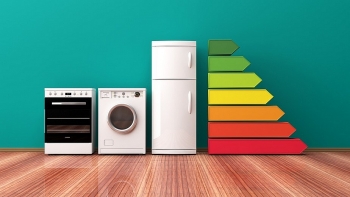13 Tips to Reduce Fuel Consumption
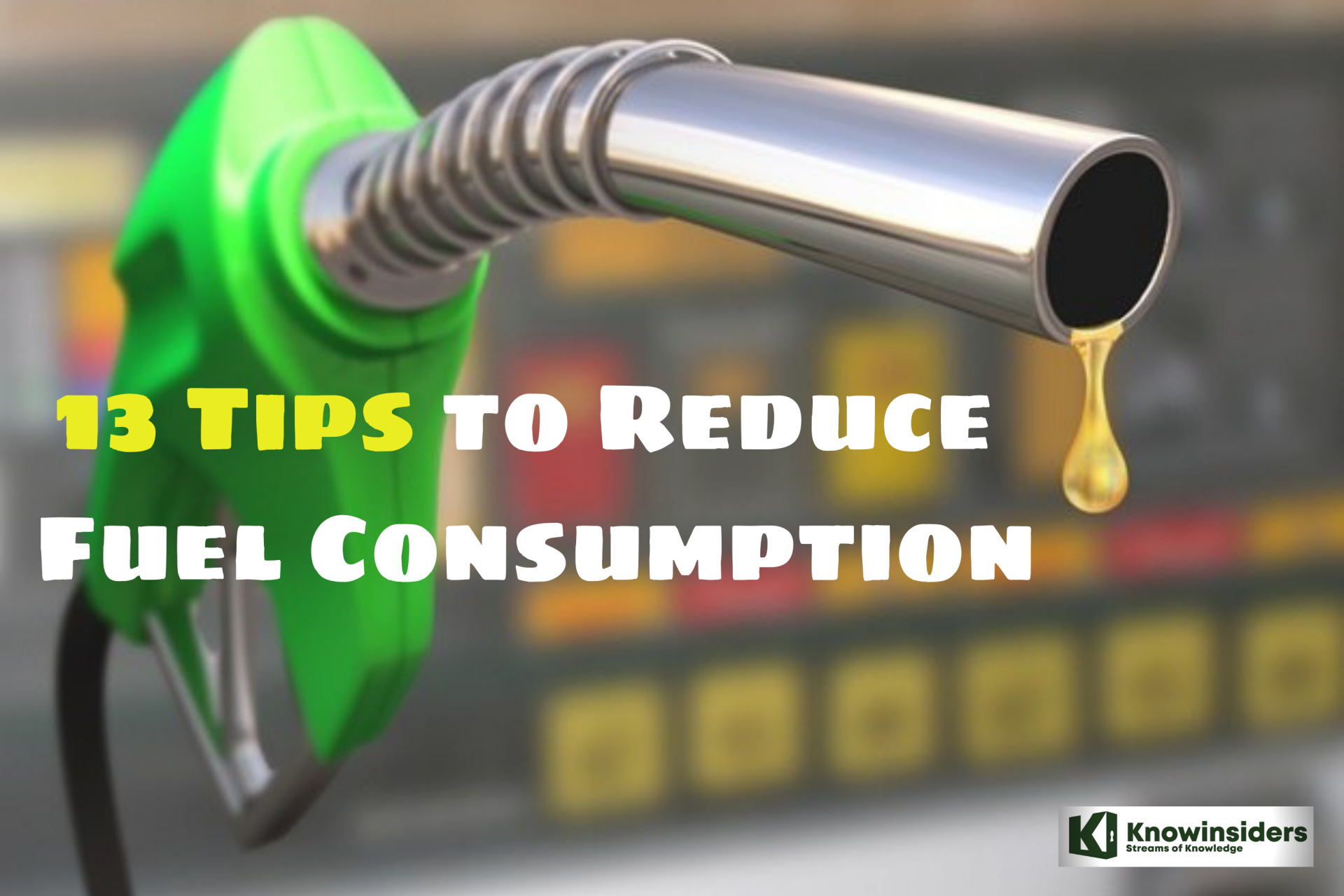 |
| Photo: KnowInsiders |
With petrol and diesel prices consistently well above £1 per liter, it's super important that you make the most out of every drop of fuel so that you can improve the economy and save yourself some money.
There are lots of different techniques and habits you can incorporate into everyday driving that will have a positive impact on your vehicle's fuel economy. Try following a few of the tips and tricks below - you may be very pleasantly surprised just how much difference a change in driving style can make.
1. Drive only when needed
The best way to reduce fuel consumption is to simply drive your car less. Drive your car only when you really need to. If you only need to travel a few blocks, consider walking or even riding a bicycle. Not only will you save money at the pump, but the exercise will also certainly do you some good
2. Make sure the gas cap is on tight
One reason you may not be getting the mileage you expect is because there isn't as much gas in your tank as you think. 147 million gallons of gas were lost last year due to evaporation. Why did it evaporate? The gas cap was not on tight. So just make sure it is tight, and it will enable you to keep all the gas you pay for
3. Avoid idling
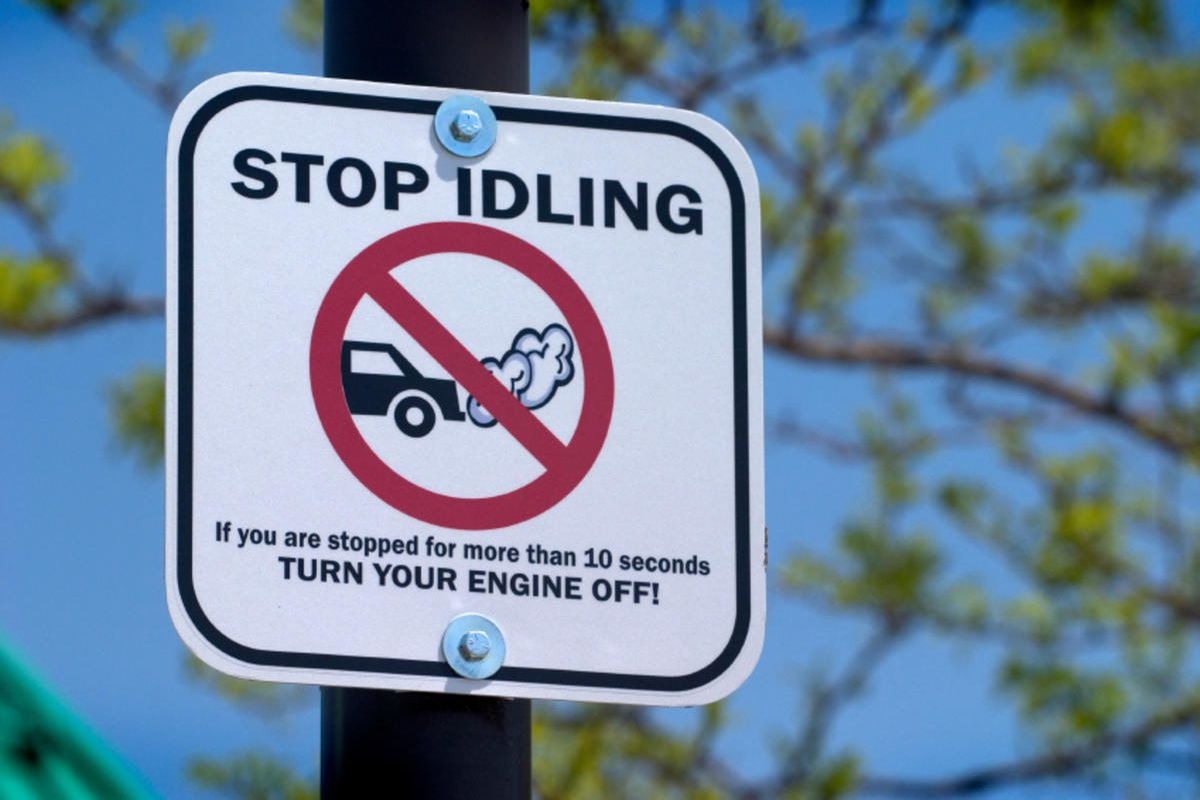 |
| Photo: Deseret News |
When you do need to drive your car, make sure you avoid idling whenever possible. When your car is running, but not moving, your gas mileage is absolute zero. So if your car will remain stationary for more than a minute or so, switch the engine off. However, only do this when it is safe to do so
4. Accelerate and brake steadily
While driving, always apply steady and consistent pressure to your car's accelerator pedal. A heavy foot will always result in reduced gas mileage and poor fuel consumption
5. Inflate tires correctly
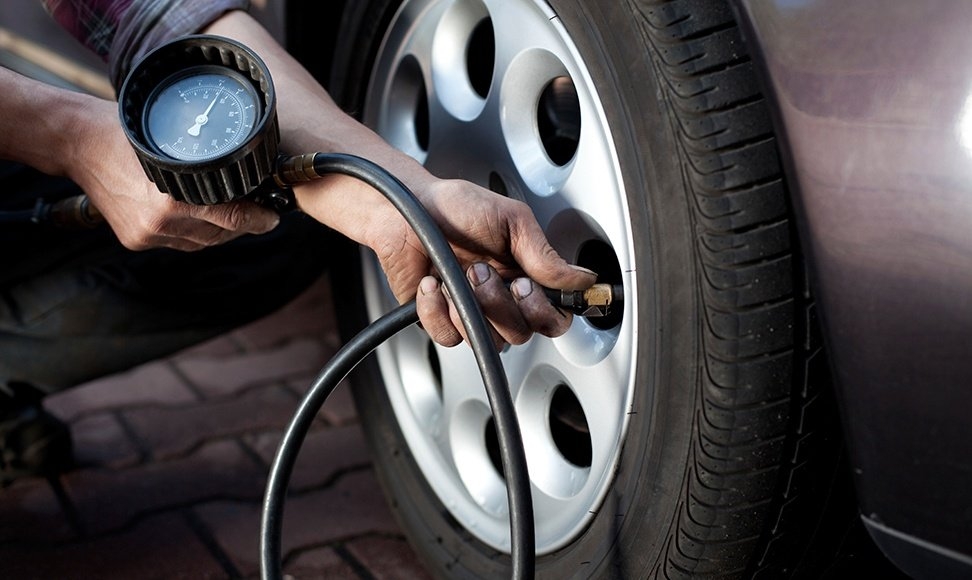 |
| Photo: Be Tire Smart |
Check your tire pressure once a week, when the tires are cold.
Keep your tires inflated to a pressure slightly higher than that stated in the vehicle handbook (you can also find the tire pressure on the tire placard, which is typically inside the glove box, on the driver’s door or on the fuel filler flap). Setting the tire pressure slightly higher will aid in fuel economy and safer handling, according to RACQ.
6. Care for your car and save
Get your car serviced regularly to keep its running costs down and to help save on fuel. As part of caring for your car, you should:
-
Keep the engine correctly tuned
-
Keep filters in good condition
-
Keep the fuel and ignition systems in good working order
-
Regularly change the engine oil using the correct grade of oil as recommended by the manufacturer.
7. Remove excess weight
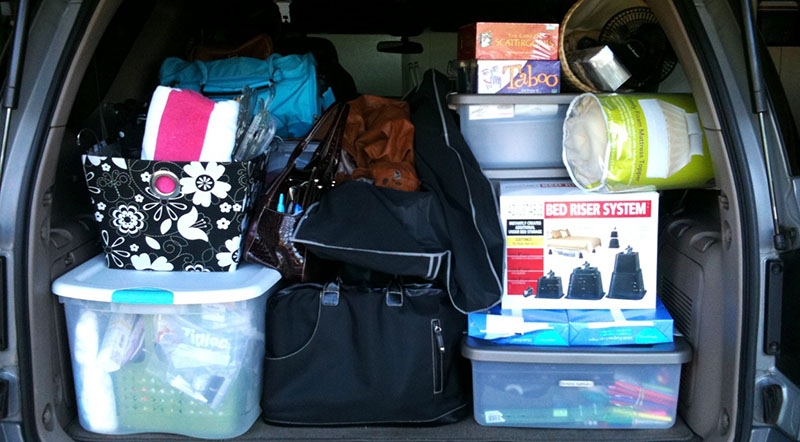 |
| Photo: Motoraty |
The heavier your car is, the more fuel it will use trying to get from A to B, so anything you can do to make it lighter will save you money.
Roof boxes and bike racks are the main culprits, but simply having a good clear out of what's in the backseat and the boot can have a positive impact as well.
Lightness is why cars like the 2.0-liter petrol Mazda MX-5 can have reasonably quick acceleration but still return over 50mpg in the long run, said Evans Halshaw.
8. Use the smaller of two cars
If your household has two or more cars, use the more fuel-efficient one wherever possible. Get into the habit of using the others only when necessary.
If you’re in the market for a new car, consider fuel efficiency. You can compare their relative fuel efficiencies by checking the Green Vehicle Guide website.
9. Replace dirty air filters
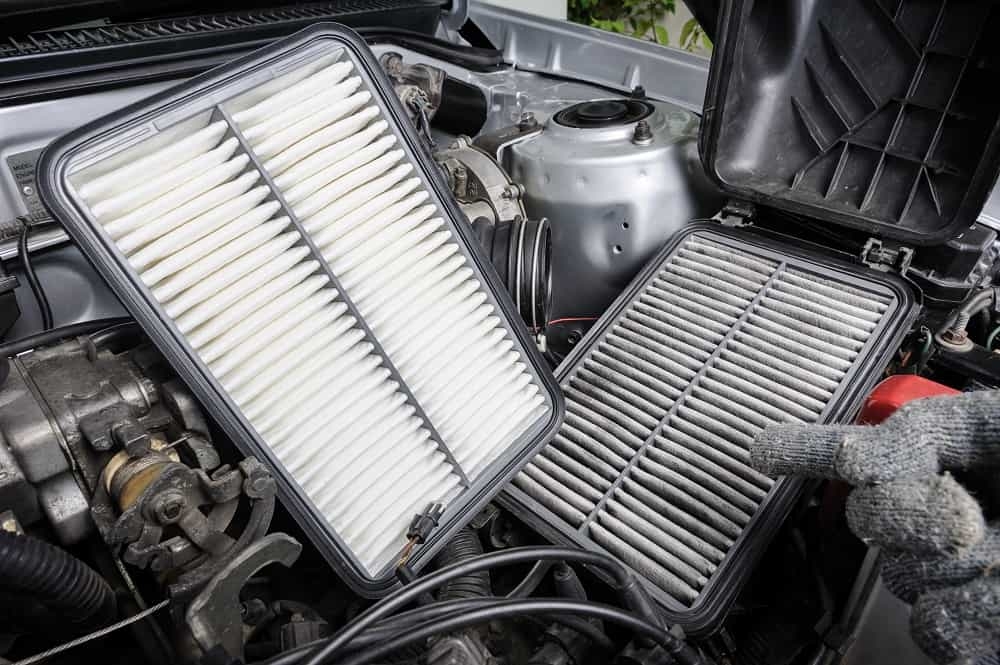 |
| Photo: The Vehicle Lab |
Dirty air filters cause your car's engine to work much harder than it has to and always result in poor fuel economy. So, make sure you follow the manufacturer's recommendation for periodically changing out the air filter. A clean air filter allows your engine to perform more efficiently and also helps you save money at the pump
10. Use air-con & heating functions wisely
As a general rule, anything that drains the car's battery in any significant way is also a drain on your car's fuel tank. This is because it uses the alternator to charge the battery back up, which is powered by the engine, which needs fuel to work.
Aircon is the biggest culprit here, increasing fuel consumption by around 5-7% in-town driving. At higher speeds, the effect is less noticeable, and using the air con at motorway speeds is actually more efficient than having the windows down because of the drag that's created.
Heated seats, heated steering wheels, heated windscreens and anything else heated will use extra fuel too.
11. Reduce drag
Car manufacturers go to extreme lengths to ensure their cars are aerodynamic, slipping through the air as efficiently as possible to improve both performance and fuel economy.
Then we buy them, and ruin all the manufacturer's hard work by installing bike racks, roof boxes and by driving with the windows and sunroof open all the time.
All these things create the extra drag, meaning the car's engine has to work harder to maintain the speed at which it is traveling, increasing fuel consumption. When not in use, you should remove any external carriers and keep the windows and sunroof closed on the motorway.
12. Be wary of fuel savings devices
There are many devices on the market claiming to improve your car's performance and save buckets of fuel. Very few have been proven to work by repeatable scientific tests.
If you’re considering such devices, do your research carefully. Only consider products that are proven by a properly accredited local testing authority using the Australian Standard 4430.2 test protocol. Australian Standard 4430.2 is an internationally recognized test that was specifically devised to test products that claim to improve performance and reduce fuel consumption.
Also, consider the economics of installing the device itself, and weigh up how long will it take to recoup the cost of installation against future fuel savings.
13. Plan Your Route
Making sure you know where you're going from the get-go means that you're not wasting time and money driving around in circles trying to find your destination.
Modern sat nav systems will often give you a choice of the route after you've typed in a destination, allowing you to choose the "fastest" or the "eco" route which can help you get to the same destination in a similar amount of time, only using less fuel.
Planning your journey to navigate around traffic hotspots or road works can help keep your fuel consumption to a minimum too.
| 5 Key Maintenance Issues That Cause Reduced Gas Mileage Oftentimes, there are some problems with your car that cause you to have reduced gas mileage. There are five key issues that you can have your mechanic look at in order to fix your mileage problem. These issues stem from:
These problems as a whole can be the biggest combined reason as to why your car is using up a lot of fuel, while not putting out a far distance. The air filters are most important because clogged air filters can reduce gas mileage by up to 20%. The tires are something easy that you can do yourself, but that will also be the lowest increase at 3-5%. If you implement a lot of these subsequent tips, these percentages add up quickly, cited by Cars Direct. |
|
Americans have slashed spending on restaurants, travel, and live entertainment. But we’re spending more on subscription services—especially video-streaming subscriptions. Check out our efficient saving tips ... |
|
It is reported that next to air, water is the most important element for the preservation of life. Therefore, it is important that we know ... |
|
Electricity consumption is one of our biggest environmental concerns, and for good reason. Saving electricity at home can not only help reduce our household need ... |



